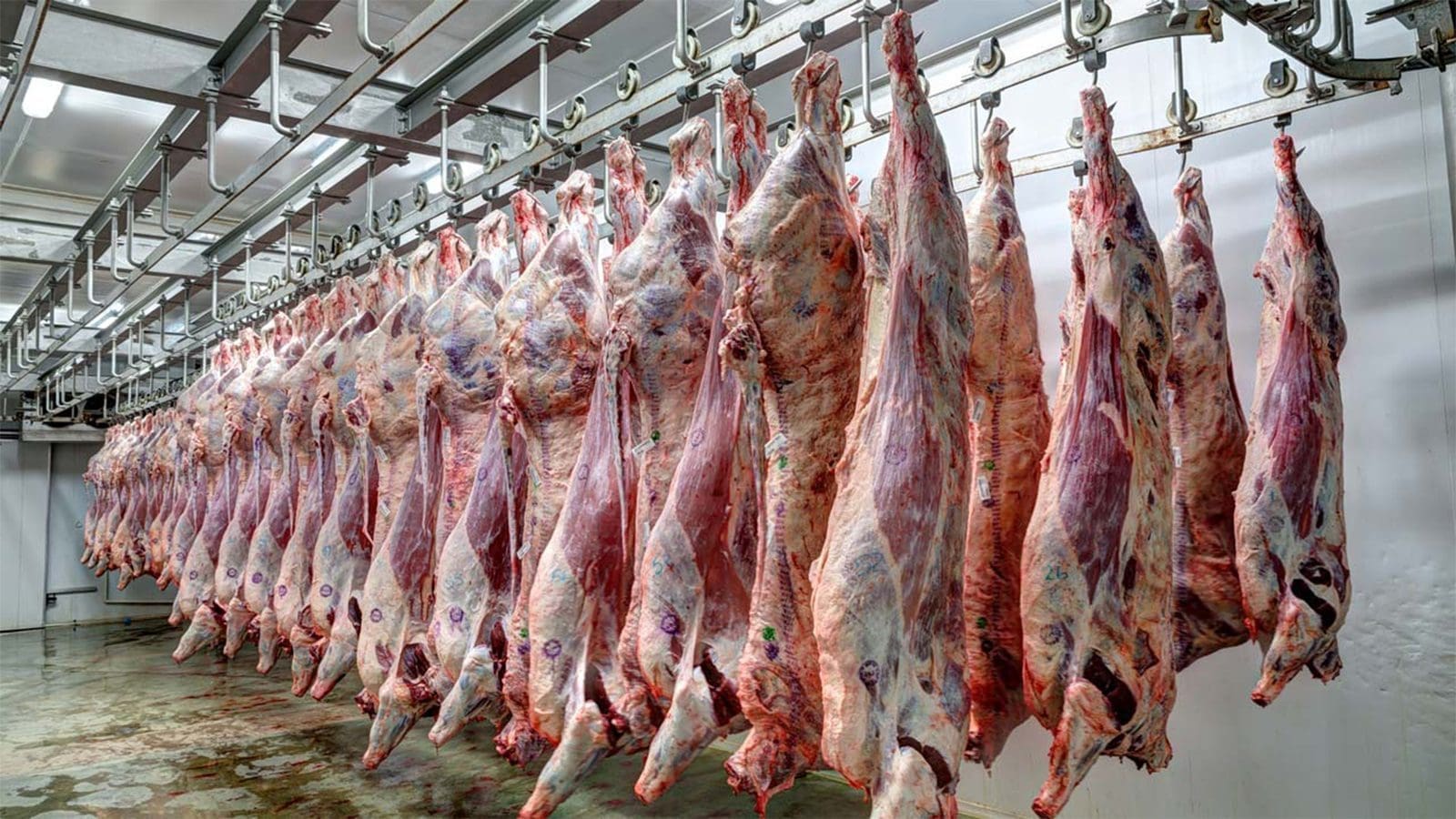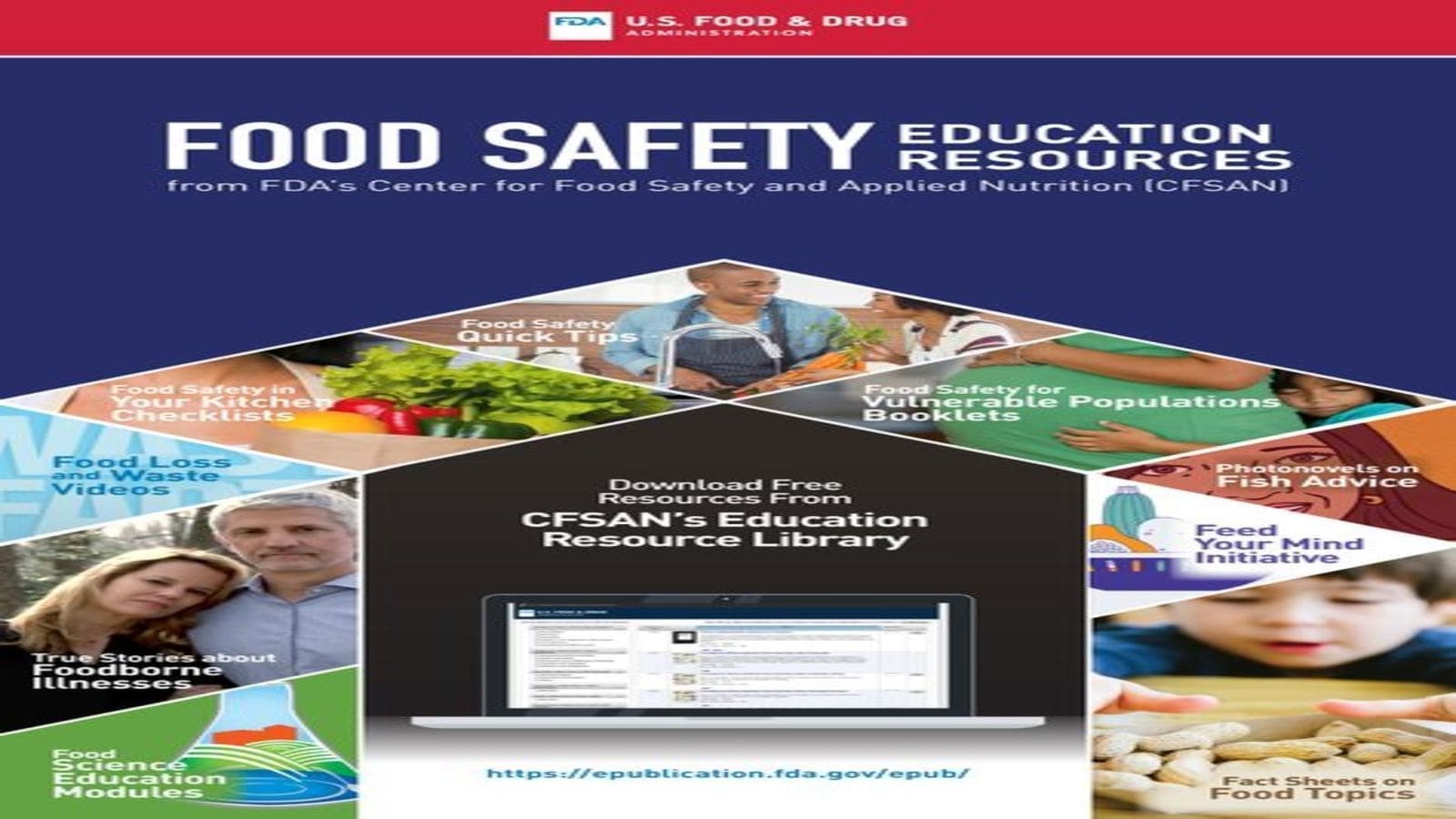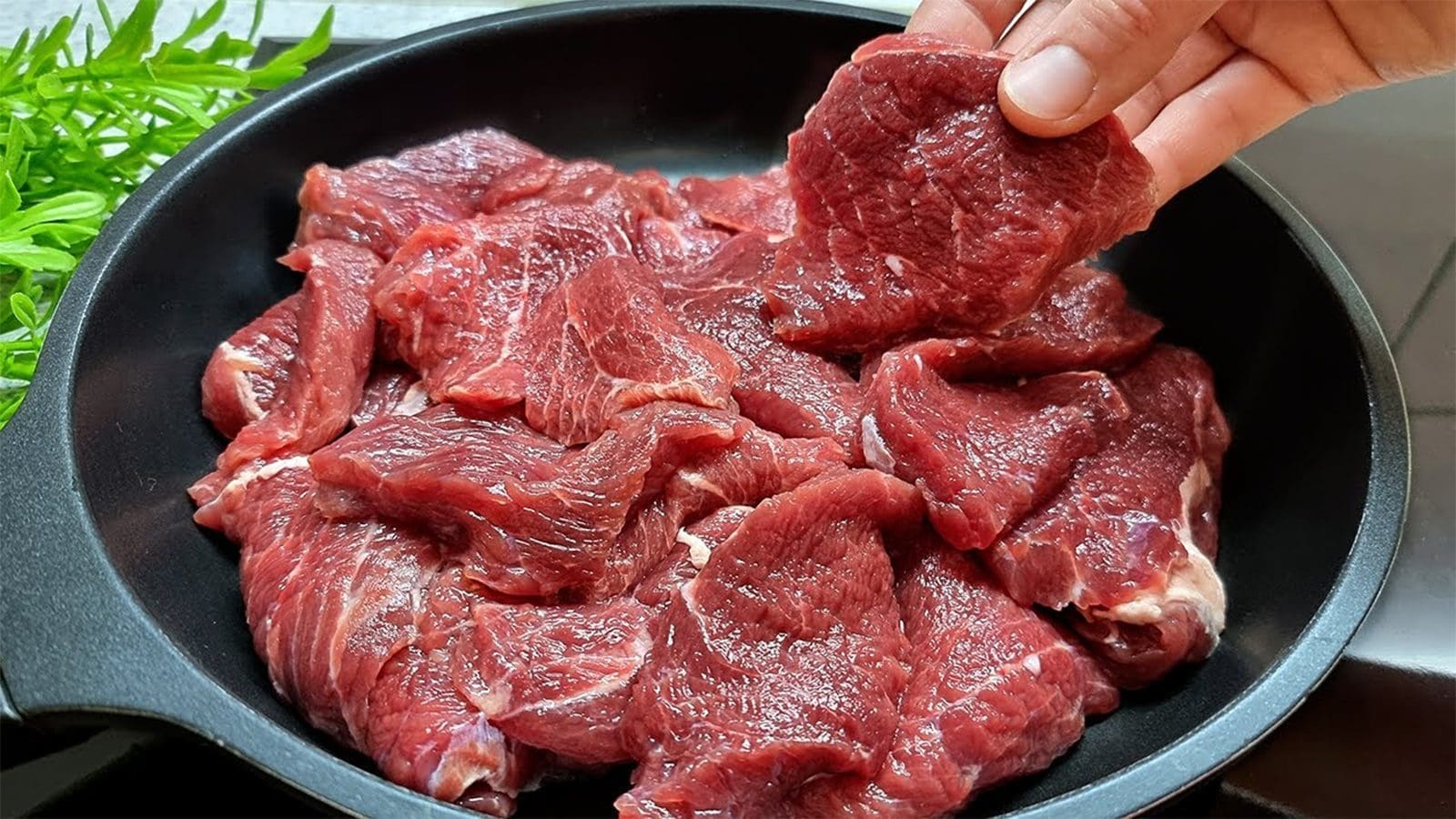NIGERIA – Research has shown that some infectious diseases that plague Nigerians are traceable to the unhygienic methods of processing meat at abattoirs, thanks to the little or no attention accorded these facilities by concerned government agencies, and sundry stakeholders.
Reports have indicated that to address the beef requirement of 200 million Nigerians, over 1.3 million cows are slaughtered yearly, as cattle alone provide about 30 per cent of meat consumed in the country. Cattle, therefore, contributes a critical part to the country’s food security arrangement.
With the meat value chain being a thriving business, these herds of cattle end up in abattoirs/slaughter slabs scattered across the country, where millions of naira are generated daily.
According to findings by The Guardian, the majority of Nigerians care not about the source of the meat that they purchase in markets, neither do they worry about the cooked meat, which they buy in the cafeteria.
The consequence of this failure to ensure that set standards are met in the meat processing process is the penetration of zoonoses into homes.
Across states, one of the major challenges present in almost all abattoirs, is non-adherence to standard rules of meat processing, especially in the area of sanitation, slaughtering facilities, handling and movements, which fall short of the stipulated meat processing standards.
Heaps of animal waste, including faeces, bones, and sundry remains are found near the slaughter slabs constituting serious health risks.
The continuous perpetration of this anomaly, questions the function, capability and responsibilities of veterinarians, who are saddled with the role of ensuring proper inspection and monitoring of meat at the abattoirs.
Veterinarians also known as veterinary doctors, or veterinary surgeons, are medical professionals, trained to diagnose, treat and prevent diseases of animals.
They are also involved in food safety by ensuring that foods of animal origin are free of antimicrobial drugs and microbial agents that can cause diseases in humans.
A visit to the Oko Oba Abattoir and Lairage Complex, Agege, adjudged the largest in Lagos State, revealed that a groundswell of unwholesome practices is going on there unabatedly.
Contrary to the standard rule of ensuring that all animals meant to be slaughtered must be inspected and certified fit for human consumption, The Guardian confirmed that none of those brought-in and slaughtered at the time of the visit were inspected before and after slaughter, despite the presence of a veterinary doctor stationed at the facility.
It was also observed that the meat processing, sanitation arrangements, slaughtering facilities, handling and movement of the meat all fell short of the stipulated meat-processing standards.
Even though the Oko Oba Abattoir has, of late, experienced some kind of improvement in terms of hygiene, the situation is still far from what it should be. Only a few meters away from the main gate, visitors approaching the slaughterhouse are welcomed by a pungent, nauseous smell.
The part of the facility where live animals are kept is a bit neat, but the opposite side where butchers are selling stinks and is very untidy.
At the slaughter slab, the concrete floor where the animals are slaughtered is completely covered with animals faeces and blood. Visitors that throng the facility thread on the bare floor (where animals are cut open) wearing the same shoes that they wore outside.
At another slaughterhouse located in the Ketu area of the state (along Ikorodu road), The Guardian observed that chunks of meat are processed with dirty, stagnant water.
Apart from the fact that the animals are not inspected by experts before, and after they are slaughtered, tonnes of odds and ends from the slaughtered animals litter the entire area. The stench emanating from this mounting waste, coupled with the ugly sight speaks volumes of the unhealthy atmosphere.
Stakeholders are deeply worried that this high level of negligence could trigger the outbreak of a zoonotic disease or more at a time that such was unexpected.
Zoonotic diseases
Infectious disease outbreaks such as bovine tuberculosis, brucellosis, cysticercosis and other diseases that can be transmitted from animals to humans are frequent occurrences in the country, but not usually reported in an outbreak fashion, are traceable to meat consumed in-country.
According to the World Health Organization (WHO), emerging and endemic zoonotic diseases pose a threat not only to the health of animals and humans but also to global health security.
It is estimated that 60 per cent of known infectious diseases and up to 75 per cent of new or emerging infectious diseases are zoonotic in origin.
The global health body estimates that 91 million people fall ill yearly, due to foodborne diseases in Africa, of which more than 70 per cent are diarrhea-related diseases, which can be easily linked to the unhygienic ways of meat processing in abattoirs.
The National Treasurer, Nigeria Veterinary Medical Association (NVMA), Dr. Alao Mobolaji, established that cases of zoonotic diseases are rising in the country at an alarming rate, described as unfortunate, the unavailability of statistics to back up his claim.
Recently, the Chairman of the NVMA, Oyo State branch, Dr. Adedayo Adejuyigbe, during an inspection exercise at the Central Abattoir, Amosun Village, Akinyele, Ibadan, also raised the alarm on the development, even as he established a link between lack of proper meat inspection and the outbreak of the diseases.
He, however, stressed that the benefits of the activities of veterinarians are not limited to animal health, but also extend to human and environmental health.
“Even though there is no statistics to back up the rising cases of zoonotic diseases because of our poor data culture, the truth is that they are rising at an alarming rate. This is attributable to the fact that while our population is swelling, our slaughter facilities are still largely rudimentary, and as long as this persists, this problem will continue,” according to Mobolaji.
Liked this article? Subscribe to Food Safety Africa News, our regular email newsletters with the latest news insights from Africa and the World’s food safety, quality and compliance. SUBSCRIBE HERE








